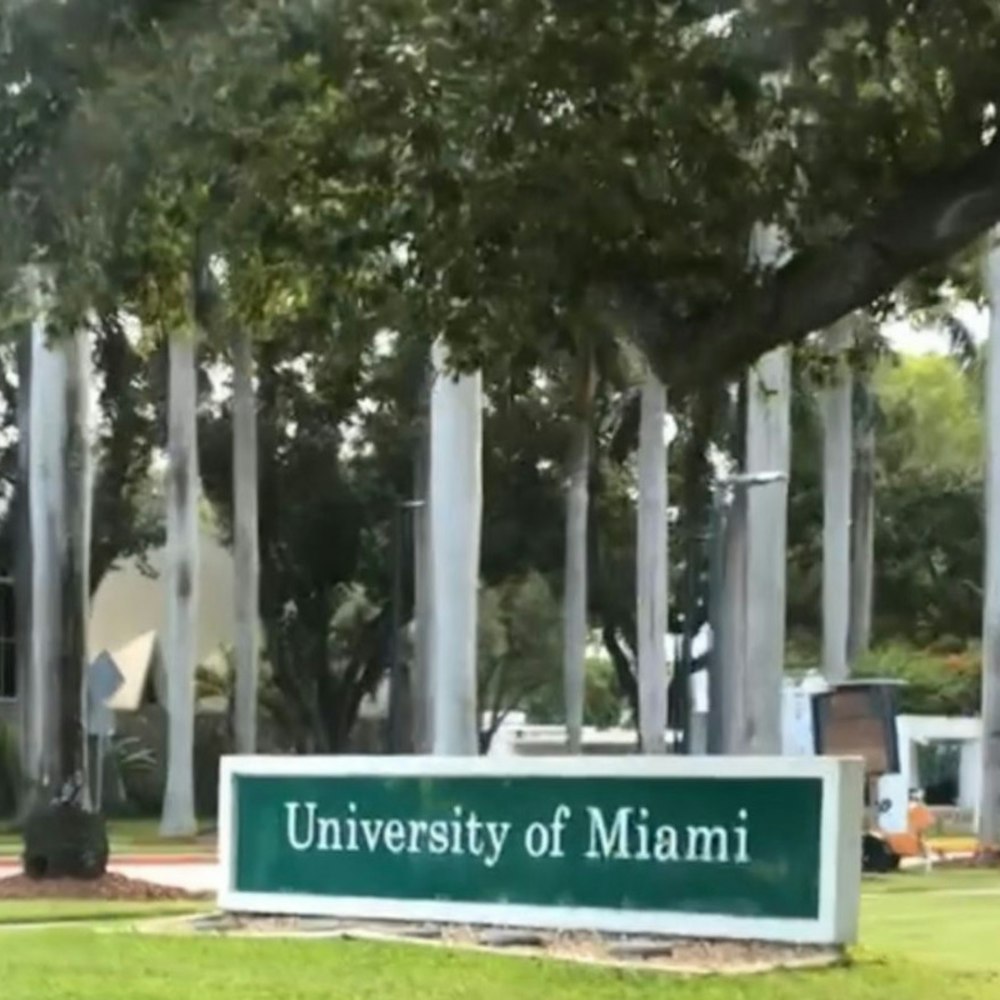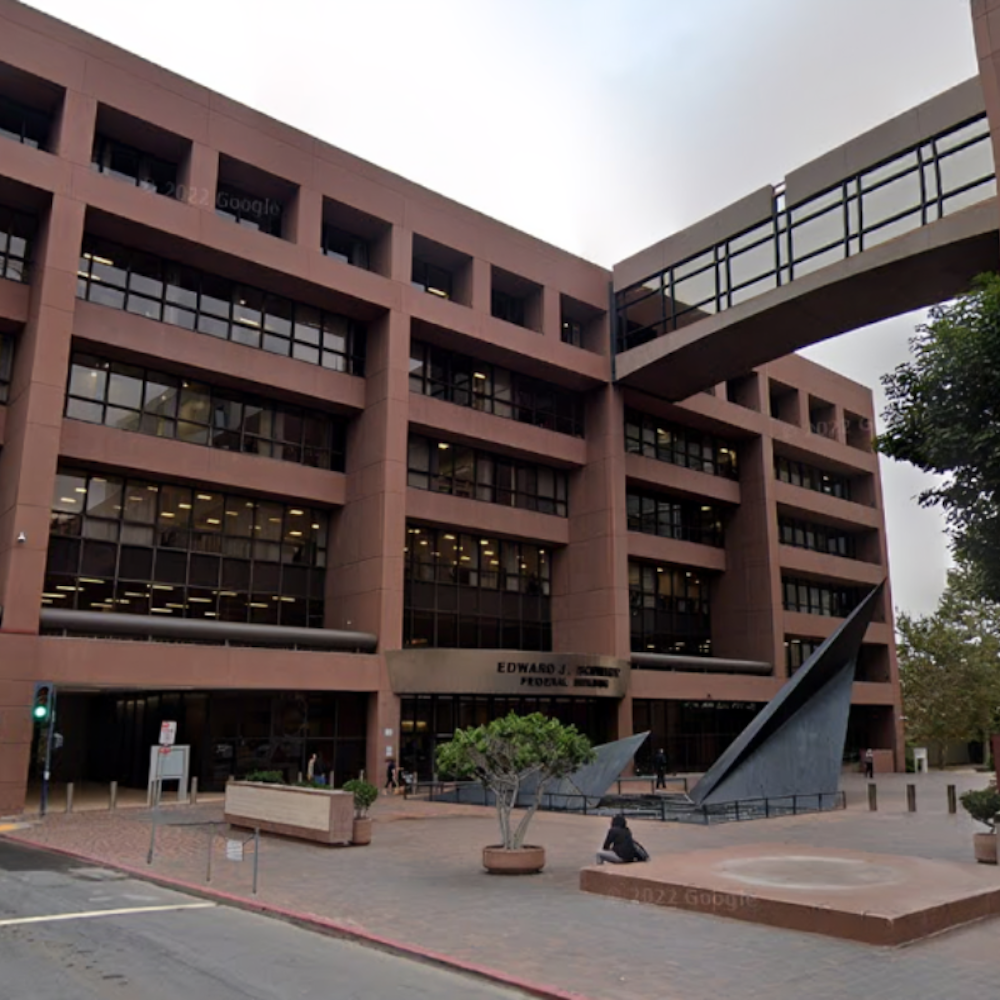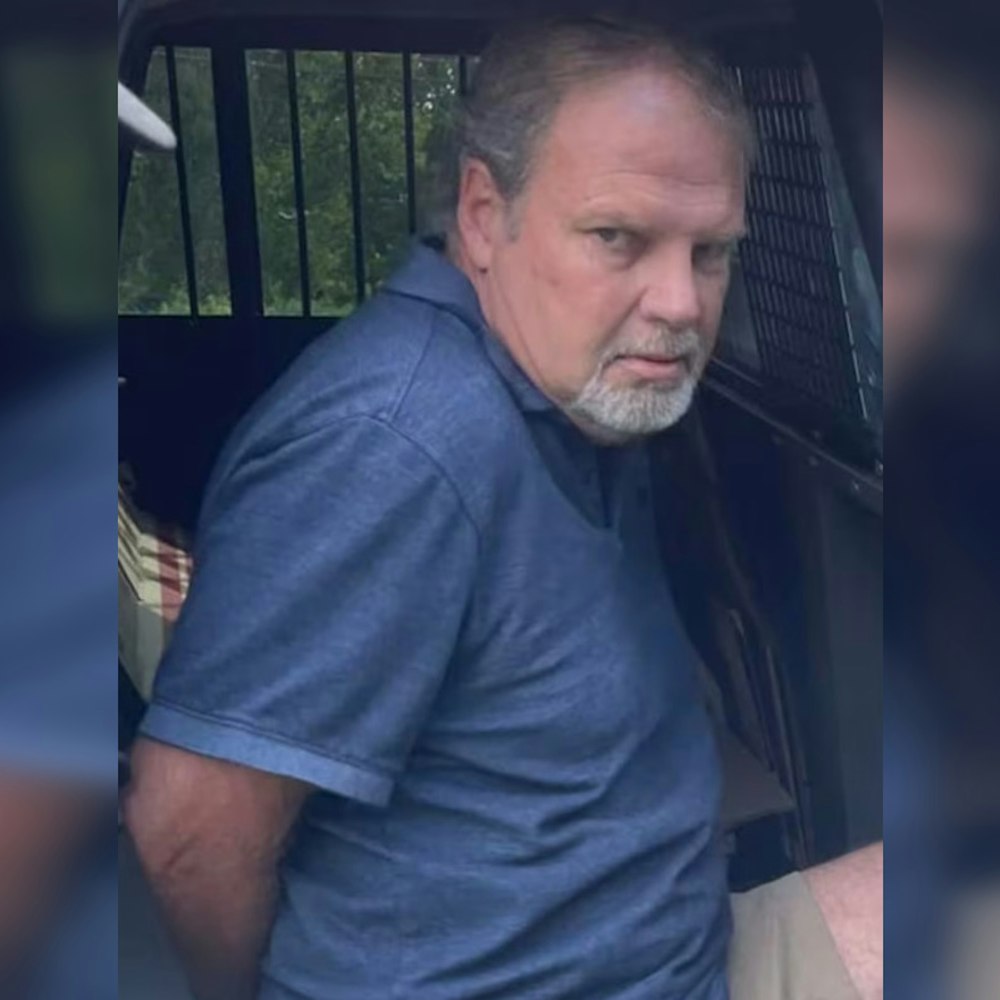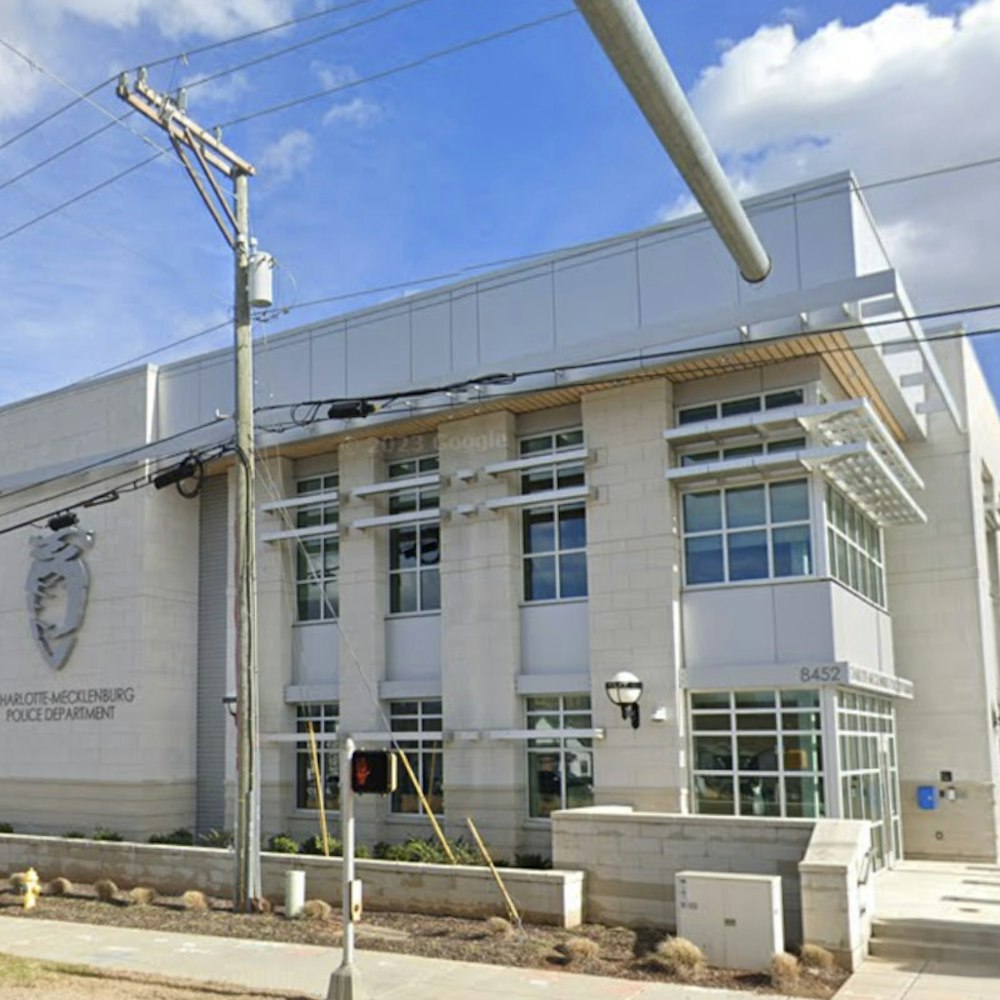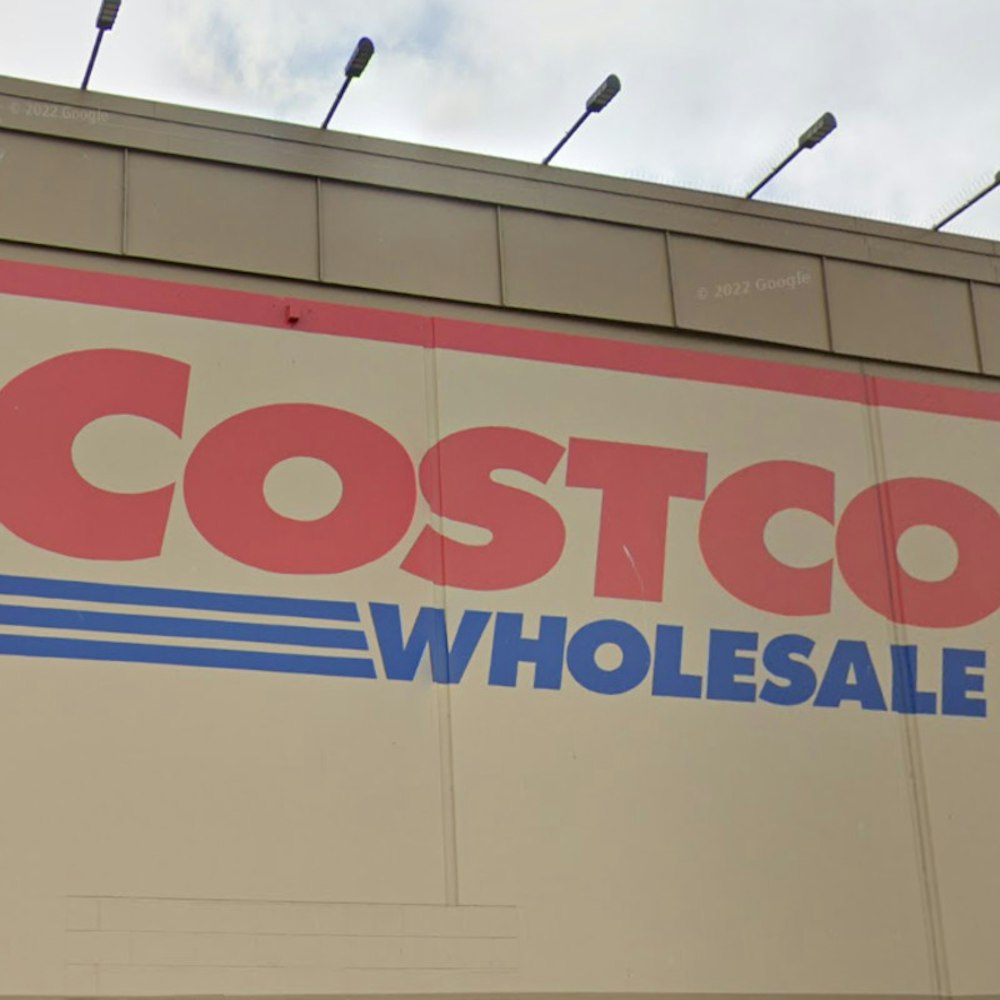
In a significant turn of events rooted deep in California's infrastructure history, a series of homes once acquired for a freeway extension project, now abandoned, are likely heading to the real estate market. Caltrans, the state's transportation agency, is currently in escrow to sell five historic homes to the City of Pasadena, as reported by CBS Los Angeles. These houses, part of an estimated 500 properties originally secured for the completion of the 710 Freeway—a project ceased by Gov. Gavin Newsom's pen in 2019—have sat unoccupied for decades, epitomizing a chapter closed in urban planning.
While the sale of these homes is pending subject to the approval of the California Transportation Commission, the intention, as outlined in Senate Bill 381 signed by Newsom in 2021, is for South Pasadena to sell the properties at market rate with the proceeds aimed at funding affordable housing in the community. This move comes after years of debate and activism about the fate of the homes, highlighting issues of housing scarcity and community displacement. As echoed by a KTLA report that sheds light on the checkerboard of planned urban expansion that stranded these homes in limbo for over half a century.
The South Pasadena properties include four single-family homes and a multi-family lot harboring three separate bungalows. Nevertheless, prospective buyers should note that due to the state of utilities in these homes, traditional financing routes may be unlikely, and virtual tours have been offered in place of in-person visits to circumvent viewing restrictions.
It's worth mentioning that the community has a vested interest in these homes beyond their architectural heritage. The neighborhood, as reported by KTLA, was impacted by the purchases, particularly in Black and low-income areas, engendering a complex layer of social justice to the homes' future sale. This dimension was further emphasized in 2020 when some of the homes were briefly occupied by homeless families, fueling the discourse on housing and displacement in Los Angeles County.
With the real estate market consistently buzzing, and the unique circumstances surrounding these properties, interested eyes will remain fixed on how the transaction unfolds. It's a potential realignment of purpose—from a void in the wake of halted urban development to tangible assets for funding new affordable housing opportunities in an area with an acute awareness of its housing challenges.
-1.webp?w=1000&h=1000&fit=crop&crop:edges)
